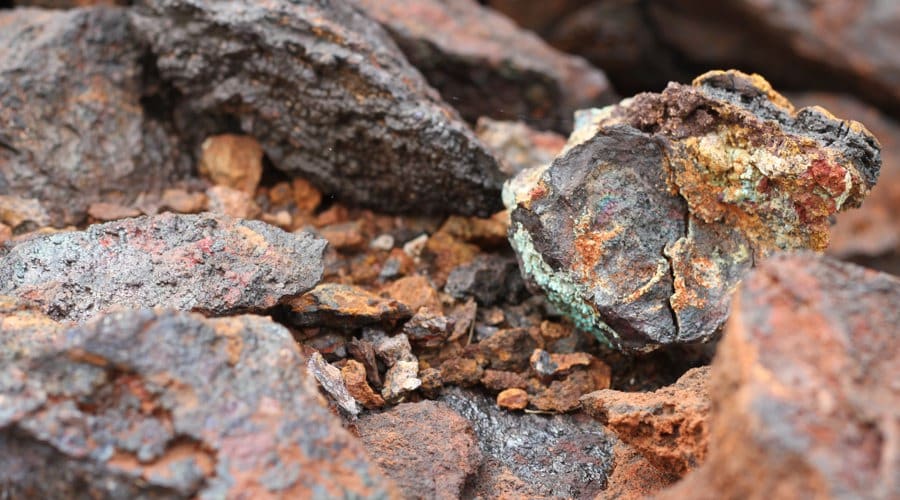About Critical Raw Materials Act (CRM Act):
- Critical raw materials (CRMs) are raw materials of high economic importance for the EU, with a high risk of supply disruption due to their concentration of sources and lack of good, affordable substitutes.
- The CRM Act identifies a list of 30 critical raw materials, including lithium, cobalt, nickel, rare earths, and magnesium.
- Objectives of the Act:
- Increase and diversify the EU’s CRMs supply;
- Strengthen circularity, including recycling;
- Support research and innovation on resource efficiency and the development of substitutes;
- Setting benchmarks by 2030 for domestic capacities: The Act sets these benchmarks along the strategic raw materials value chain and for the diversification of EU supplies
- at least 10% of the EU’s annual consumption for extraction;
- at least 40% of the EU’s annual consumption for processing;
- at least 15% of the EU’s annual consumption for recycling;
- no more than 65% of the EU’s annual consumption from a single third country;
- The Act will reduce the administrative burden, streamlining permitting procedures for critical raw materials projects in the EU.
- To ensure supply chain resilience, the Act creates CRMs supply chain monitoring and stress-testing, coordinates strategic stocks and sets risk preparedness obligations on large companies producing strategic technologies.
- In addition to a list of CRMs for the whole EU economy, it lists strategic raw materials, which are those most crucial for strategic technologies used for green, digital, defence and space applications.
Q1: What is the European Union (EU)?
European Union (EU), international organization comprising 27 European countries and governing common economic, social, and security policies.The EU was created by the Maastricht Treaty, which entered into force on November 1, 1993. The treaty was designed to enhance European political and economic integration by creating a single currency (the euro), a unified foreign and security policy, and common citizenship rights and by advancing cooperation in the areas of immigration, asylum, and judicial affairs.
Source: EU Parliament votes in favour of Critical Raw Materials Act
Last updated on February, 2026
→ UPSC Notification 2026 is now out on the official website at upsconline.nic.in.
→ UPSC IFoS Notification 2026 is now out on the official website at upsconline.nic.in.
→ UPSC Calendar 2026 has been released.
→ Check out the latest UPSC Syllabus 2026 here.
→ Join Vajiram & Ravi’s Interview Guidance Programme for expert help to crack your final UPSC stage.
→ UPSC Mains Result 2025 is now out.
→ UPSC Prelims 2026 will be conducted on 24th May, 2026 & UPSC Mains 2026 will be conducted on 21st August 2026.
→ The UPSC Selection Process is of 3 stages-Prelims, Mains and Interview.
→ Prepare effectively with Vajiram & Ravi’s UPSC Prelims Test Series 2026 featuring full-length mock tests, detailed solutions, and performance analysis.
→ Enroll in Vajiram & Ravi’s UPSC Mains Test Series 2026 for structured answer writing practice, expert evaluation, and exam-oriented feedback.
→ Join Vajiram & Ravi’s Best UPSC Mentorship Program for personalized guidance, strategy planning, and one-to-one support from experienced mentors.
→ UPSC Result 2024 is released with latest UPSC Marksheet 2024. Check Now!
→ UPSC Toppers List 2024 is released now. Shakti Dubey is UPSC AIR 1 2024 Topper.
→ Also check Best UPSC Coaching in India






















